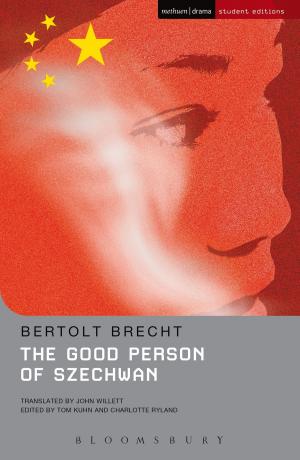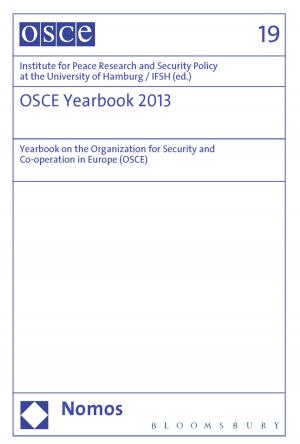| Author: | Professor Victoria Emma Pagán | ISBN: | 9781472502520 |
| Publisher: | Bloomsbury Publishing | Publication: | October 10, 2013 |
| Imprint: | Bloomsbury Academic | Language: | English |
| Author: | Professor Victoria Emma Pagán |
| ISBN: | 9781472502520 |
| Publisher: | Bloomsbury Publishing |
| Publication: | October 10, 2013 |
| Imprint: | Bloomsbury Academic |
| Language: | English |
"Rome and the Literature of Gardens" explores the garden as a powerful locus of transformation and transgression in the "De Re Rustica" of Columella, the "Satires" of Horace, the "Annals" of Tacitus, and the "Confessions" of Saint Augustine. In keeping with the approach of this series, a concluding chapter examines the reincarnation of these expressions in the contemporary plays "Arcadia" and "The Invention of Love" by Tom Stoppard. Many books on gardens in ancient Rome concentrate on either technical agricultural manuals, or pastoral poetry, or the physical remains of Roman gardens. Instead, this book considers images of gardens from a kaleidoscope of genres, especially those that the Romans made their own: satire, annalistic history, and autobiography. This atypical approach makes a unique contribution to the field of Latin literature and garden history, bridging the gap between material culture and cultural history.
"Rome and the Literature of Gardens" explores the garden as a powerful locus of transformation and transgression in the "De Re Rustica" of Columella, the "Satires" of Horace, the "Annals" of Tacitus, and the "Confessions" of Saint Augustine. In keeping with the approach of this series, a concluding chapter examines the reincarnation of these expressions in the contemporary plays "Arcadia" and "The Invention of Love" by Tom Stoppard. Many books on gardens in ancient Rome concentrate on either technical agricultural manuals, or pastoral poetry, or the physical remains of Roman gardens. Instead, this book considers images of gardens from a kaleidoscope of genres, especially those that the Romans made their own: satire, annalistic history, and autobiography. This atypical approach makes a unique contribution to the field of Latin literature and garden history, bridging the gap between material culture and cultural history.















